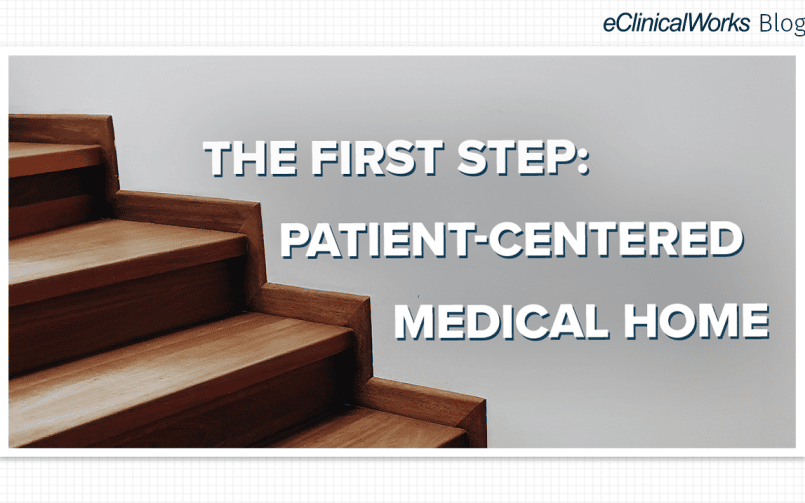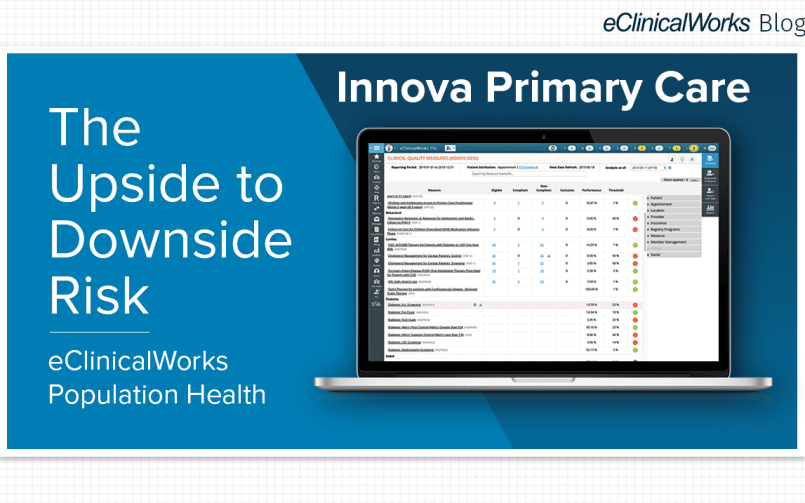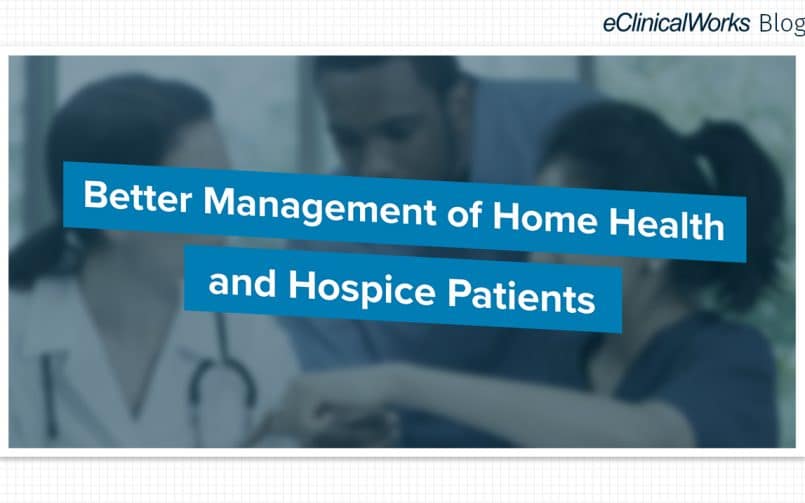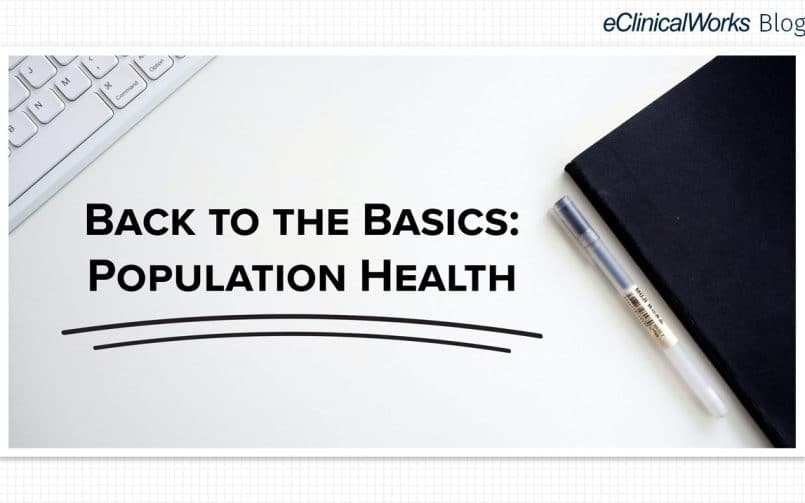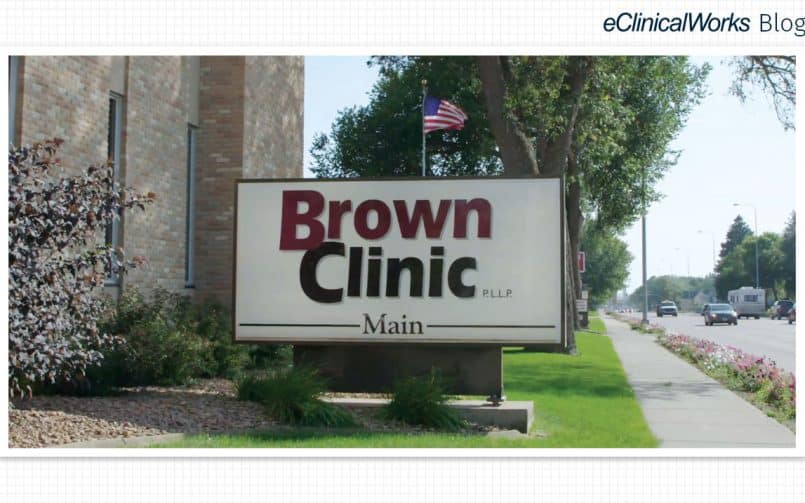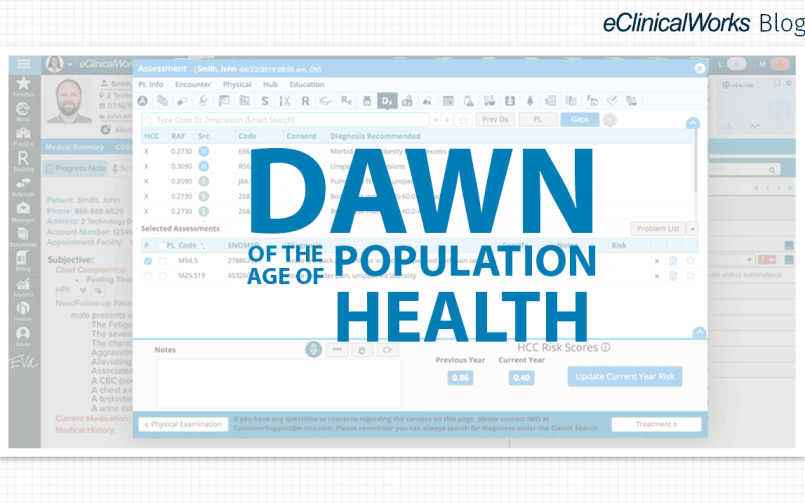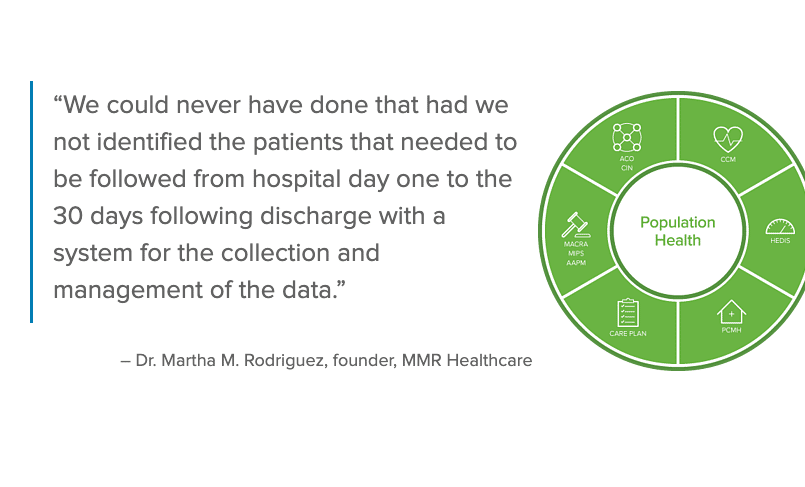Disease Explorer: Effectiveness Through Cohorts
- 14 June 2022
- Blog
eClinicalWorks
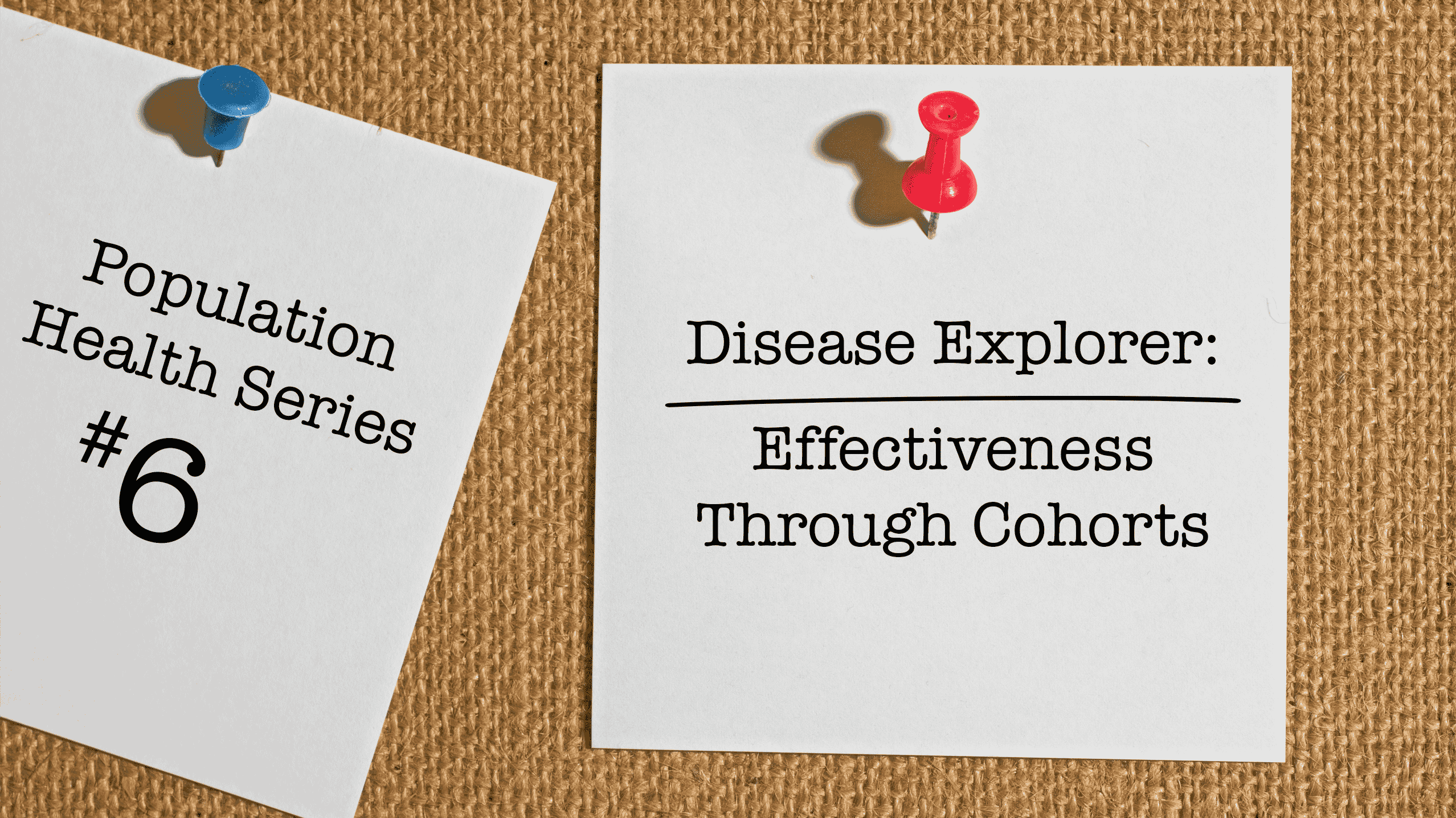
What would you do if you found yourself facing a complex and seemingly insoluble problem that might well be a matter of life and death? You might do what the Romans did — use a cohort-based system.
Two thousand years ago, the Romans developed their cohort system — assembling groups of nearly 500 soldiers — to balance strength and flexibility in their battles with Gallic and Germanic tribes.
Today’s healthcare practices can also benefit from cohort-based management. With Disease Explorer, the eClinicalWorks tool for sharpening insight into patient populations, practices can group patients into cohorts based on common needs.
Disease Explorer can help practices:
- Conduct systematic health screening campaigns to determine which patients are at highest risk and target them for care interventions
- Dynamically investigate risk to achieve cohort-based population management
- Better understand the financial impact of chronic conditions to ensure the most efficient use of available resources
Healthcare in Greater Detail Than Ever
Practices and providers pride themselves on knowing their patients. They often remember specific patients, keep close tabs on their conditions, and can often readily identify broader trends in their overall patient population.
But with increasing complexity in healthcare and a nationwide shortage of primary care doctors, practices are facing a dual challenge of caring for more patients than ever and trying to make sense of all the data their care generates.
Any practice can use powerful tools to derive the maximum possible benefits from the wealth of data they generate.
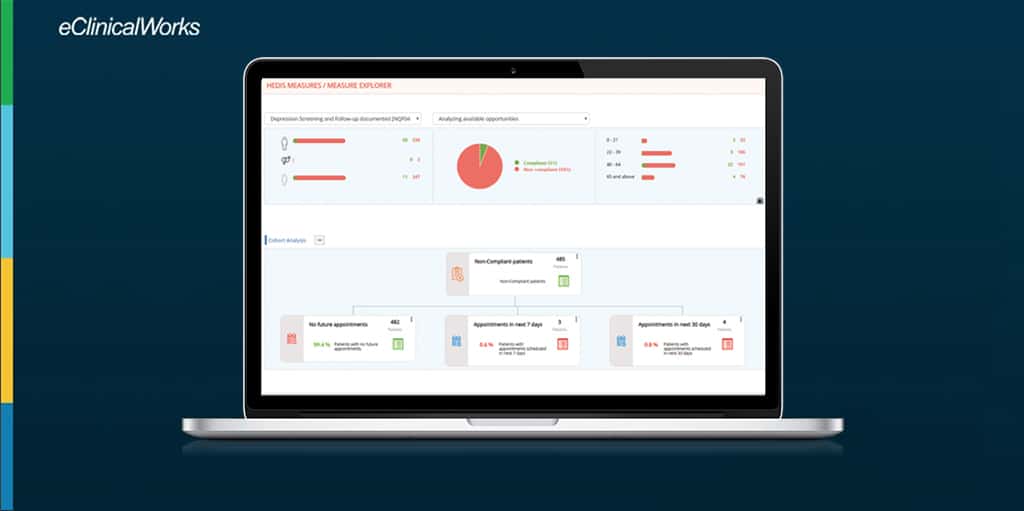
How Disease Explorer Helps
Disease Explorer acts as a super-filter, allowing practices to organize patients by demographic data, medical conditions, or the severity of specific conditions.
- A practice might want to ensure their diabetic patients receive the care they need. Using Disease Explorer, they can quickly identify eligible patients and either develop a plan to contact all of them or perhaps target a subgroup based on the severity of their condition as measured by hemoglobin A1c levels.
- A provider might want to reach out to all patients who are overdue for a mammogram, colonoscopy, or other routine screening.
Disease Explorer allows users to stratify their patient populations in many ways, including by age, gender, race, ethnicity, income level, and employment status.
Social Determinants and Making Connections
Disease Explorer’s tools reflect the growing importance and value of using Social Determinants of Health (SDOH) in providing care.
These determinants include whether patients have reliable transportation to get to their appointments, which can be a key factor in explaining no-show rates. Are they comfortable where they live? Do they struggle with depression?
The Disease Explorer module lets users account for SDOH, generate reports, and track how individual providers or facilities are doing.
And integration with eClinicalWorks Messenger makes it easy to tailor outreach and intervention efforts, helping ensure the right messages reach the right patients and that patients with specific needs — those cohorts who share a given set of needs — are connected to the resources that can help them.
Disease Explorer may not win every battle, but it gives practices a fighting chance when wrestling with today’s complex healthcare challenges.
For more information or to schedule a demo, contact pophealthsales@eclinicalworks.com.
Next month, our Population Health blog series looks at the eClinicalWorks Cost and Utilization Explorer module, which offers access to Medicare claims data for small and large practices, helping providers gain the insights necessary to meet the challenges of outcome-based and value-based care.












